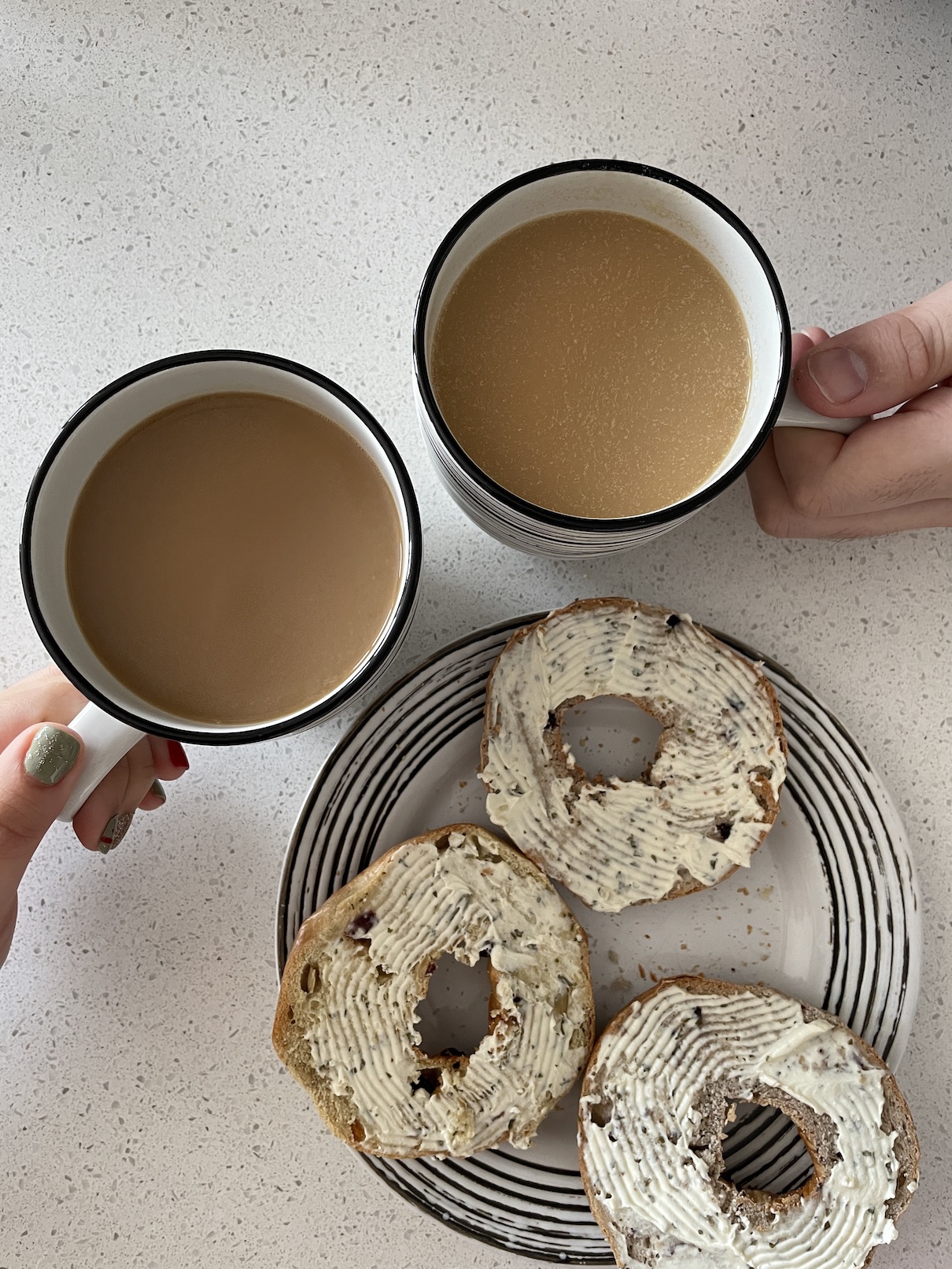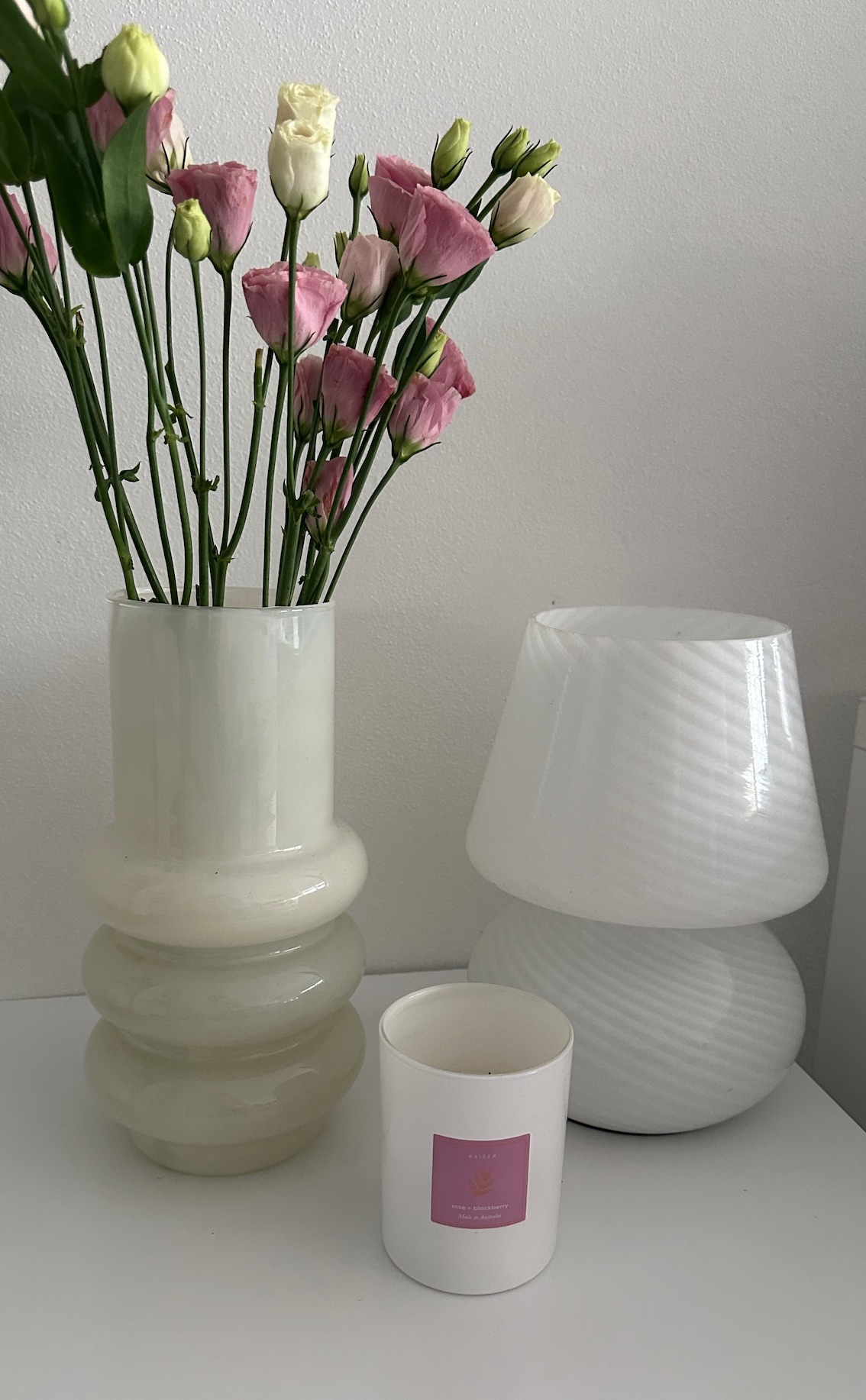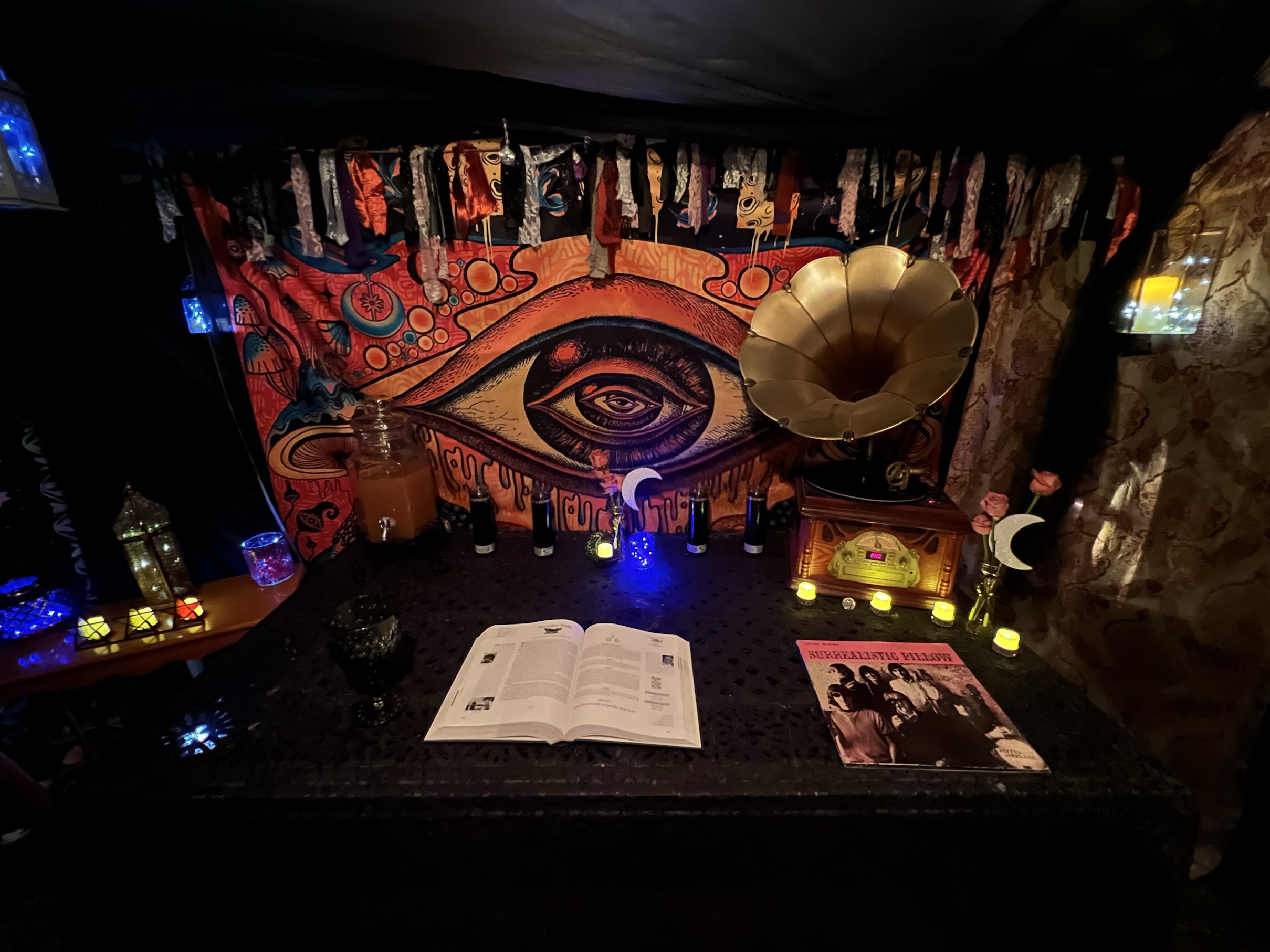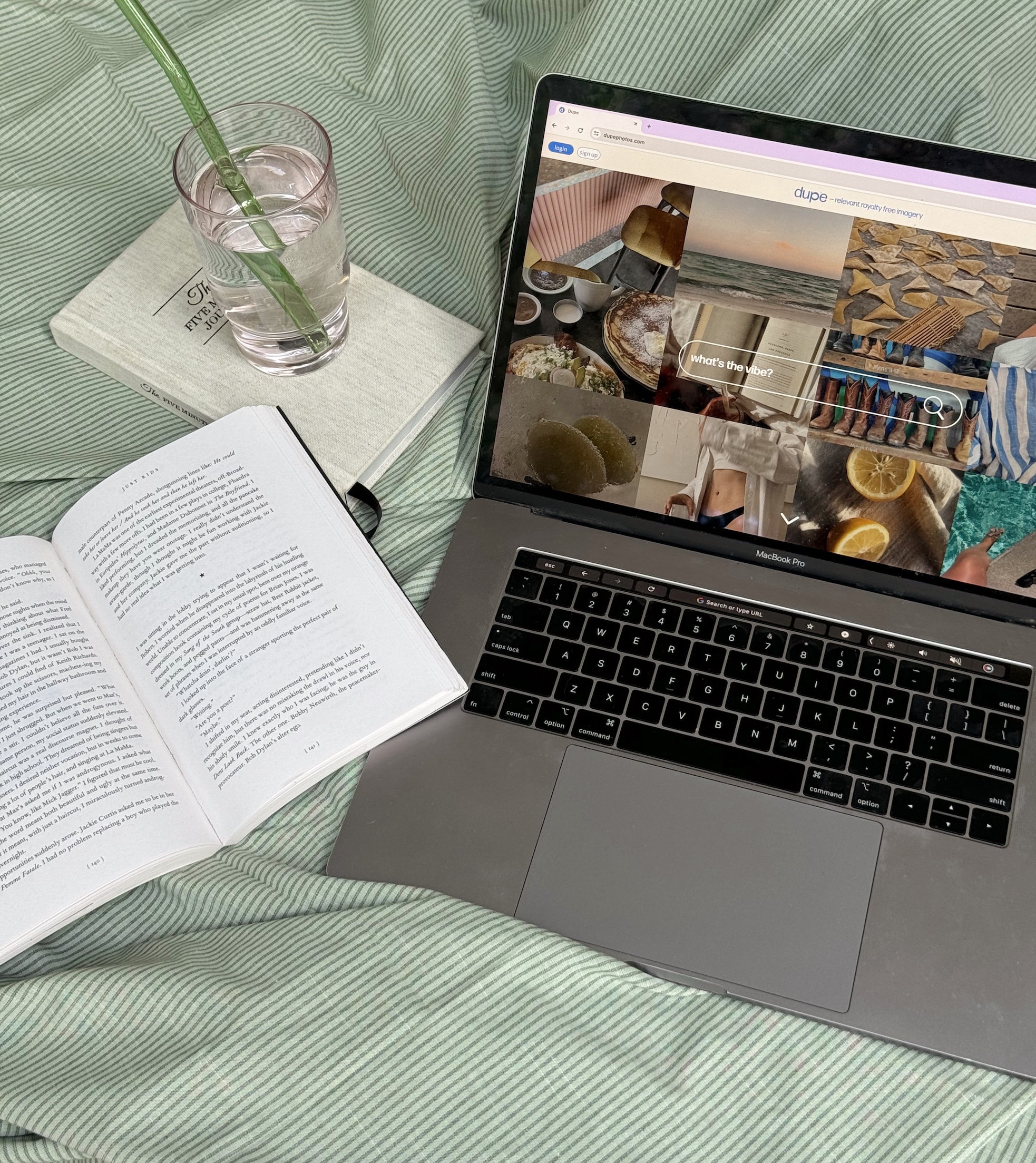You know that weird limbo where you feel like you’re trying, but nothing’s changing? You’re showing up, going through the motions, maybe even doing everything “right,” but still, something feels off. That’s the slow, creeping weight of powerlessness. It doesn’t always show up in loud, dramatic ways. Sometimes it’s just a whisper in the back of your mind that says, What’s the point? Or a full-body slump that hits before you even get out of bed.
Powerlessness feels like being on a treadmill someone else controls. You’re moving, but not toward anything. It can come from things outside of you, the news, your job, your family, your health, or from stuff inside your head. Either way, it leaves you feeling like a passenger in your own life.
But here’s the thing: even if you can’t change the big stuff right now, there’s always something you can do. Let’s walk through it together, piece by piece.
Name It, Claim It: Start by Getting Honest
Before you can do anything about powerlessness, you have to call it out. If you’ve been feeling stuck, lost, or out of control, don’t brush it off. Getting honest about what’s really going on is the first step toward getting unstuck.
Why Naming It Helps
When you feel overwhelmed but can’t pinpoint why, it creates this fog. Your brain starts spinning in circles, trying to solve a problem it doesn’t understand. Naming the source of your powerlessness clears the fog. It’s not just “life is hard.” It might be “I hate my job but feel trapped by my bills” or “I’m burned out and don’t feel like myself anymore.” That kind of clarity is powerful.
Think of your mind like a messy closet. If you keep shoving things in without labeling what’s what, good luck finding anything. But when you pull everything out and see it clearly, you can decide what to keep, toss, or fix.
Stop Minimizing Your Reality
One of the easiest traps to fall into is telling yourself, This isn’t that bad or Other people have it worse. While that might technically be true, it doesn’t make your situation any less real or worth addressing. Downplaying your struggle doesn’t make it go away. It just adds guilt to the pile.
You’re not weak for feeling stuck. You’re human. Your frustration, sadness, or numbness deserves attention, not judgment.
Journaling and Talking It Out
If your mind feels like a tangled mess, get it out onto paper or into words. Try writing down one sentence that starts with: I feel stuck because… Don’t worry about how it sounds. Just keep going until the truth shows up. It might surprise you.
If writing isn’t your thing, try talking it out, even just to yourself. Say it in the shower. Say it during your commute. Or say it to a friend who knows how to listen without fixing.
You don’t need to solve it yet. Just start by facing it. That alone puts you back in the driver’s seat.
Control What You Can
Once you’ve named what’s weighing you down, the next step is to shrink your focus. When life feels huge and heavy, zoom all the way in. Take control of something small. Something boring, even. Because power doesn’t always look like bold moves. Sometimes it’s just brushing your teeth or finally replying to that email.
Why Tiny Wins Work
Feeling powerless often comes from a sense that nothing you do matters. So the antidote is to do something—anything—and see it make a difference. Clean one corner of your kitchen. Cross off one task. Fold your laundry like you mean it.
These actions may seem small, but they do something big for your brain. They create momentum. You’re reminding yourself: I can do things. I have influence over my space, my time, my choices.
And momentum beats motivation. You don’t need a grand plan. You just need one next step.
Structure Your Day to Prove You Exist
When you feel powerless, time starts to feel like it’s happening to you. You wake up already behind. The hours blur. You don’t remember what you did all day. One way to push back is to reclaim little rituals that mark your presence in the day.
Make the same cup of tea every afternoon. Take a walk at the same time each morning. Light a candle when you’re doing something hard. These routines aren’t just for aesthetics. They’re signposts that say I’m here.
Even if the rest of your life feels chaotic, you get to create these anchors. They’re yours.
Make a Choice, Any Choice
Indecision is a quiet thief. It tells you there’s no good option, so you might as well do nothing. But choosing something is how you remind yourself that you’re not just reacting to life; you’re shaping it.
Start with simple decisions: What do I want for lunch? What song do I want to hear right now? What do I want to wear that feels like me?
Flex that muscle often. The more you practice choice, the easier it becomes to make bigger ones when it counts.
Interrupt the Spiral
Powerlessness is sneaky. It starts as a thought, then it snowballs. Before you know it, you’re stuck in a spiral: mind racing, body frozen, time slipping. If this sounds familiar, you don’t need to “think your way out.” You need to interrupt the cycle with action, especially in your body and environment.
Get in Your Body
When you’re mentally spiraling, your body can feel far away. You might dissociate, zone out, or feel numb. Grounding yourself physically is one of the fastest ways to interrupt the feedback loop in your brain.
Move around. Stretch, pace the room, shake your hands out. Even doing ten jumping jacks can reset your nervous system enough to shift your focus. Not because movement is a cure all, but because it reminds you that your body isn’t stuck, even if your mind feels like it is.
If you’re really overwhelmed, do something tactile. Run your hands under warm water. Wrap up in a heavy blanket. Pet your dog. These things pull you out of your head and back into the present.
Change the Scene
Your environment can lock you in place without you realizing it. Sitting in the same chair, staring at the same screen, breathing the same stale air? No wonder you feel powerless.
Change something. Move to a different room. Open a window. Switch on music you haven’t played in a while. Light a new scent. You’re not “running away” from the feeling. You’re giving your brain a different input.
Even a small shift can break the loop. It gives you a second to breathe, and in that second, you have the chance to choose a different next move.
Say It Like You Mean It
Self-talk might sound cheesy in theory, but in practice, it’s a tool. You don’t have to chant affirmations in the mirror if that makes you cringe. Just speak truth to the chaos.
Try short, grounding statements like:
- I can handle this.
- I’ve been through worse.
- This isn’t permanent.
- I’m not powerless.
Even if you don’t fully believe it yet, saying it gives your mind a new direction to follow. You don’t need to fake positivity. Just give yourself something steadier to stand on.
Don’t Fight Alone
Powerlessness can make you feel like you’re on your own. You might think no one will understand, or that you’ll be a burden if you speak up. But isolation only makes that stuck feeling worse. Getting support is not a last resort. It’s part of the fix.
Let Someone Else Hold the Map
When you’re deep in your feelings, your perspective gets skewed. You lose the ability to zoom out. That’s when it helps to talk to someone else. (Someone who isn’t inside your brain.)
This could be a close friend who listens without rushing to fix it. Or a therapist who can give you language for what you’re going through. Or even an online community that shares your struggle.
You don’t have to explain everything perfectly. Just start with: “I’ve been feeling kind of stuck and I don’t know what to do.” Sometimes, just saying it out loud is enough to loosen the knot.
Borrow Strength When You Need To
You don’t need to carry all your own weight every day. Some days, the power you need can come from someone else. Maybe it’s a pep talk from your sibling. Or a TikTok that reminds you people survive things like this all the time. Maybe it’s a playlist that makes you feel like you have a spine again.
Let other people remind you who you are. Ask someone to check in on you. Reach out and say, “I could use some encouragement.” That’s not weakness. That’s knowing how to refill your tank.
And when you have a better day, pay it forward. We all take turns being the strong one.
Find a Collective
Sometimes the powerlessness you feel is personal. Sometimes it’s connected to bigger systems… burnout, injustice, loss, grief. You don’t have to face any of it alone.
Look for others who share your experience. Join a support group. Follow voices who speak to your situation. Vent with coworkers who get it. Solidarity isn’t just emotional comfort, it’s practical power. Being seen and understood by others changes everything.
Your pain doesn’t isolate you. It connects you. And connection is a kind of power too.

Build Something That’s Yours
When life feels like it’s happening to you, one of the strongest responses is to create. You don’t have to build an empire or write a novel. Just make something that didn’t exist before; something you control from beginning to end.
Make a Project Out of It
You don’t have to wait until things are better to create something. In fact, creating while things feel messy is one of the best ways to shift your energy.
This could be something small: a photo album, a Spotify playlist, a meal from scratch. Or something functional: reorganizing your pantry, finally fixing that loose doorknob. These projects aren’t about productivity. They’re about reminding yourself that you can start and finish something on your own terms.
It might seem silly at first, but having a project gives your brain a focus and your hands a job. That’s movement. That’s direction. That’s power.
Track Progress Like It’s Your Job
When you’re in a low place, it’s hard to see how far you’ve come. Your wins get blurry. So make them visible. Write down the things you’re doing, even if they feel minor.
Did you shower today? Count it. Did you send that email you were dreading? Log it. These “small” acts are how you rebuild trust with yourself.
Keeping track doesn’t have to be fancy. Use a notebook. Use your Notes app. Use sticky notes. Just create a space where your effort gets noticed by you.
Reclaim Your Story
The way you talk about your situation matters. Language shapes how you move through it. Instead of saying “I’m stuck,” say “I’m in between things.” Instead of “I’m a mess,” try “I’m working through it.”
You’re not lying to yourself. You’re reframing. You’re choosing words that leave room for possibility.
This doesn’t mean you ignore what’s hard. It means you hold space for what could be next.
You’re Not Powerless You’re Pausing
Feeling powerless doesn’t mean you are powerless. It means something has interrupted your usual rhythm. Something has changed or collapsed or worn you down. So your body and brain hit pause.
That pause might feel like failure, but it isn’t. It’s a moment of reset. And you’re allowed to be in it for a while. But you don’t have to stay there.
Start small. Pick one thing to act on. One thought to change. One corner of your life to reclaim. That’s how you shift the tide. Not by force, but by persistence.
Your power isn’t gone. It’s just waiting for you to notice it again.
















